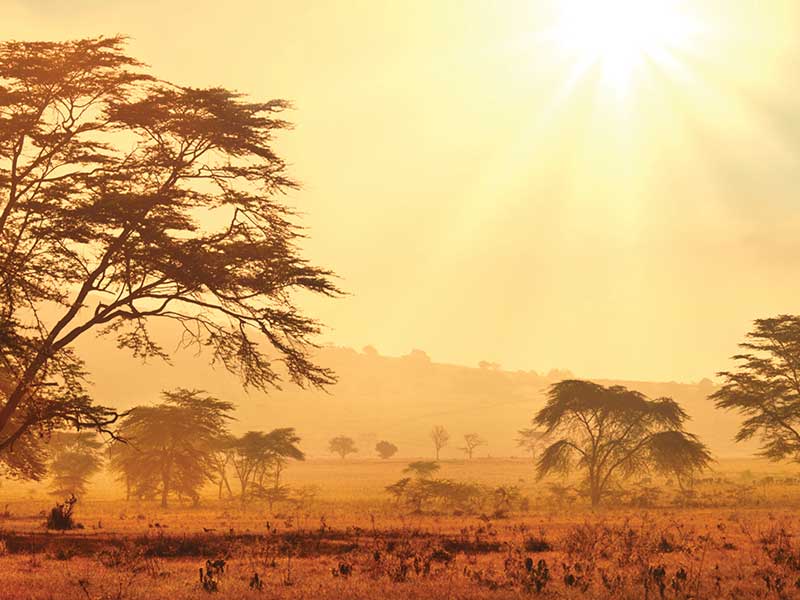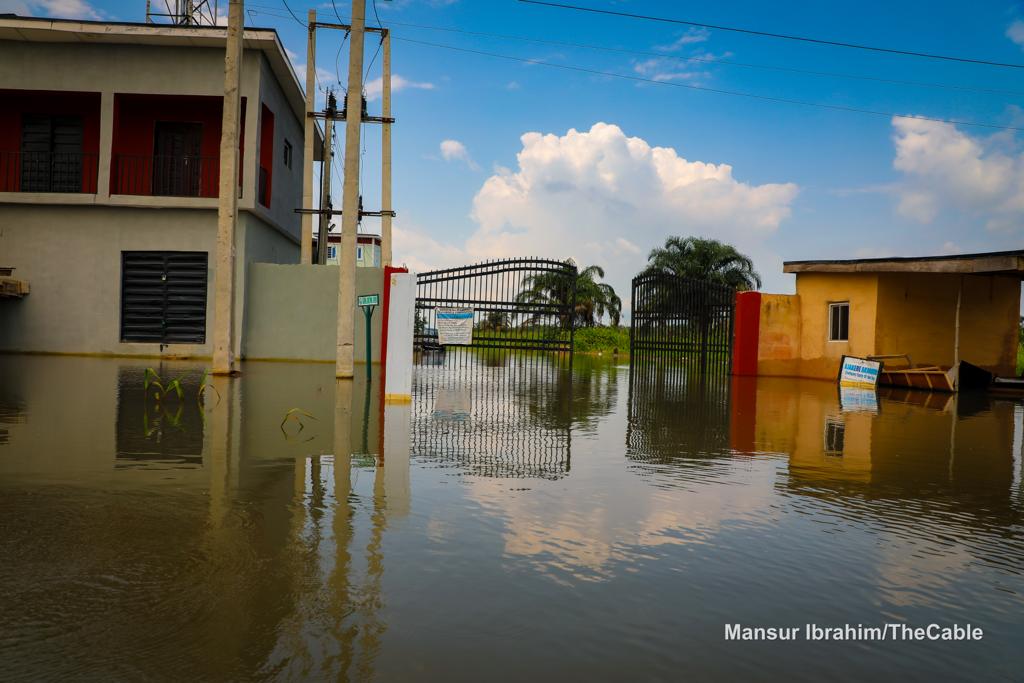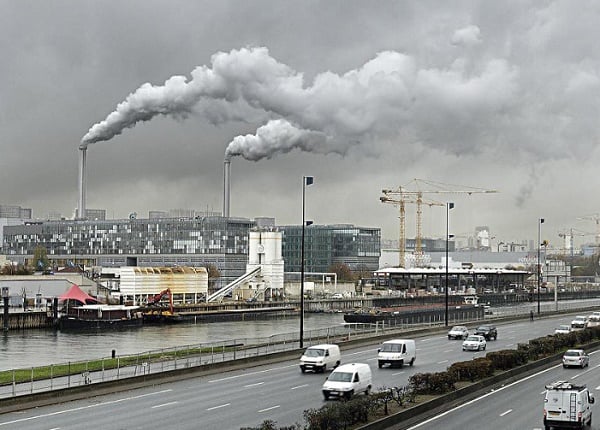Extreme heatwave to hit one-third of African urban population, experts warn
The Nigerian Meteorological Agency (NiMet) says 2023 was the second warmest year on record in the country — after 2021.
In its 2023 state of climate report released on Friday, NiMet said the country has witnessed persistent warmer-than-normal years since 2015.
The agency noted that the last nine years (2015-2023) were among the 10 warmest years on record in the country, adding that 2023 was the warmest year in the southern part of the country since 1981.
“The highest attainable air temperature recorded for each day is the maximum temperature for that day. Maximum temperature analysis was performed from 1981 to 2023,” the report reads.
Advertisement
“The analysis of maximum temperature data reveals a warming trend over Nigeria since 1981, with persistent warmer-than-normal years since 2015.
“The standardised maximum temperature anomaly of 3.1 places 2023 as the second warmest year after the year 2021, which is the warmest year so far in Nigeria since 1981.
“It is worth mentioning that the last 9 years (2015-2023) are among the 10 warmest years observed.
Advertisement
“This is comparable to what was obtained globally by WMO, the mean temperature in 2023 is currently estimated to be 1.40 ± 0.12 °C above the 1850-1990 average and the last nine years (2015 to 2023) are likely to be the nine warmest years on record, with 2023 being the warmest.
“The standardised maximum temperature anomaly of 2.9 was found over northern Nigeria.
“In the south, the standardised maximum temperature anomaly over southern Nigeria was found to be 2.8, making 2023 the warmest year in the south since 1981. Moreover, the last nine (9) years (2015- 2023) were among the 10 warmest years since 1981.”
VOLUME OF RAINFALL
Advertisement
NiMet says 2023 was the third wettest year on record in the country.
The agency said high-intensity and high-frequency rainfall resulted in flash floods in many parts of the country.
According to NiMet, there has been consistently wet years in the country since 2006 except for 2021, 2015, and 2013.
“The rainy season in Nigeria in 2023 was marked by rainfall-induced hazards, even though these were relatively lower than hazards recorded in 2022,” the report reads.
Advertisement
“High-intensity and high-frequency rainfall resulted in river overflows and flash floods in many parts of the country.
“The National Emergency Management Agency (NEMA) reported that as of October 2023, 157,159 people were affected country-wide, with 68,000 displaced as a result of flooding across the country.
Advertisement
“The standardised rainfall anomaly analysis over Nigeria in 2023 continues to be on an increasing trend.
“From the analysis, the standardised rainfall anomaly over Nigeria for 2023 was 1.3, showing that 2023 was placed as the third wettest year in Nigeria since 1981.
Advertisement
“2019 and 2012 were the wettest and the second wettest years in Nigeria since 1981, respectively. Furthermore, except for 2021, 2015, and 2013, there have been consistently wet years in the country since 2006.”
The agency noted that 2019 and 2012 were the wettest and second wettest years respectively.
Advertisement
Add a comment









